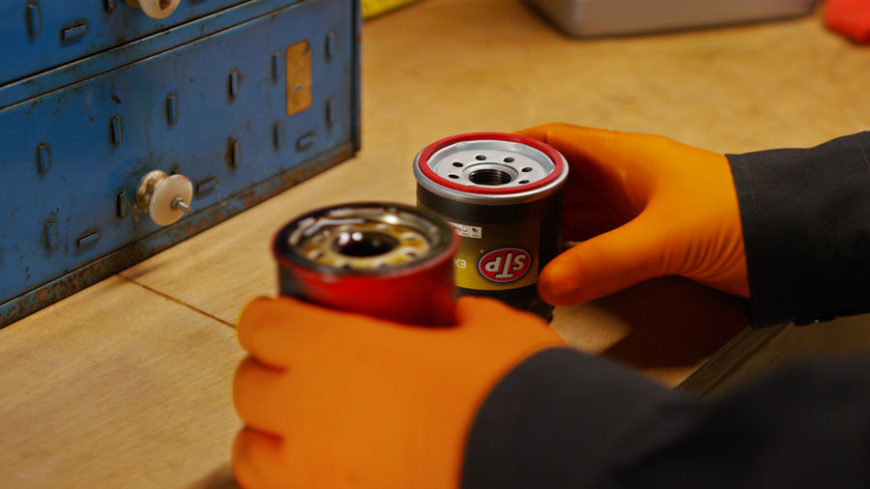Aug . 14, 2024 07:01 Back to list
Choosing the Right Air Intake Filter for Your Vehicle's Optimal Performance and Efficiency
Understanding Air Intake Filters The Heart of Your Car's Performance
When it comes to maintaining a vehicle, many car owners focus on visible components such as oil changes and tire rotations, often overlooking the crucial role of the air intake filter. Known as the air filter, this component plays a vital role in ensuring your car runs efficiently and effectively.
What is an Air Intake Filter?
The air intake filter is an essential component of your vehicle's air intake system. It separates the clean air from dirt and contaminants before it enters the engine. Most cars utilize a paper filter or a foam filter, and depending on the vehicle and its age, the type and design of the air filter may vary. Regardless of the type, the primary function remains the same to protect the engine from harmful particles like dust, dirt, and debris.
The Importance of a Clean Air Filter
A clean air filter is crucial for optimal engine performance. When the air filter is clogged with dirt, it restricts airflow into the engine, which can lead to a reduction in power and fuel efficiency. In fact, a dirty air filter can reduce airflow by up to 10-15%, which significantly impacts how well your vehicle operates. Moreover, an inadequate amount of clean air can alter the air-fuel mixture, causing the engine to run rich (too much fuel) or lean (too much air). This imbalance can lead to poor performance and increased emissions, ultimately affecting the car's longevity.
Symptoms of a Dirty Air Filter
Car owners should be aware of the common symptoms indicating a clogged air intake filter. Some of these include
air intake filter car

1. Decreased Fuel Efficiency If you notice a sudden drop in miles per gallon (MPG), it may be time to check your air filter. 2. Engine Misfires A poor air-fuel mixture due to a dirty filter can lead to misfires, affecting engine performance. 3. Unusual Engine Sounds Sometimes, a clogged air filter may cause unusual sounds from the engine, indicating it’s struggling to get the necessary air.
4. Check Engine Light In some cases, a dirty air filter may trigger the check engine light, indicating a need for inspection.
Maintenance and Replacement
The general recommendation is to check your air filter at regular intervals, preferably with every oil change. Depending on driving conditions (e.g., dusty roads), some drivers may need to replace their air filter every 12,000 to 15,000 miles. For those who predominantly drive in clean environments, extending the replacement interval might be possible.
Replacing an air filter is typically a straightforward process and can often be done without professional assistance. Most filters are easily accessible, and with a few basic tools, car owners can change them quickly. However, always refer to the vehicle’s manual for specific recommendations and maintenance procedures.
Conclusion
In conclusion, the air intake filter may seem like a small component, but its impact on vehicle performance is significant. Regular maintenance and timely replacement of the air filter can help ensure that your car operates smoothly, efficiently, and with minimal emissions. For car owners looking to enhance their vehicle’s longevity and performance, paying attention to the air intake filter is a simple yet effective step. Remember, a clean engine is a happy engine, and frequent checks on the air filter can greatly contribute to that happiness.
-
Toyota Corolla Hatchback Cabin Air Filter – High Efficiency & Easy Installation
NewsJul.08,2025
-
Premium Canister Fuel Filter Supplier High Quality Oil Filtration Solutions
NewsJul.08,2025
-
Premium Car Filter Oil Solutions Leading Car Oil Filter Exporter Hyundai Car Oil Filter Exporters
NewsJul.08,2025
-
Buy 17x21x1 Air Filter – Improve Air Quality & HVAC Efficiency Affordable Air & Cabin Air Filter Cost
NewsJul.07,2025
-
High-Performance Filter Element Fuel – Durable, Efficient & Cost-Effective Solutions
NewsJul.07,2025
-
High-Quality Engine Filter and Cabin Filter for Superior Airflow Affordable Cabin and Engine Air Filter Cost
NewsJul.07,2025


